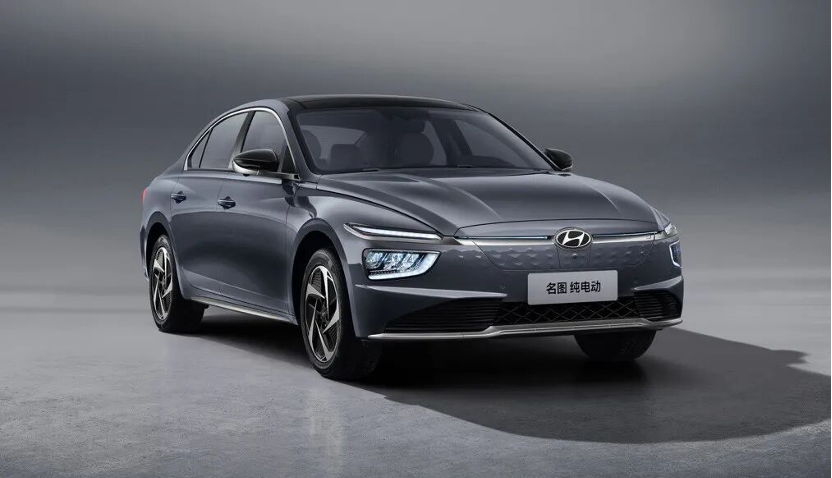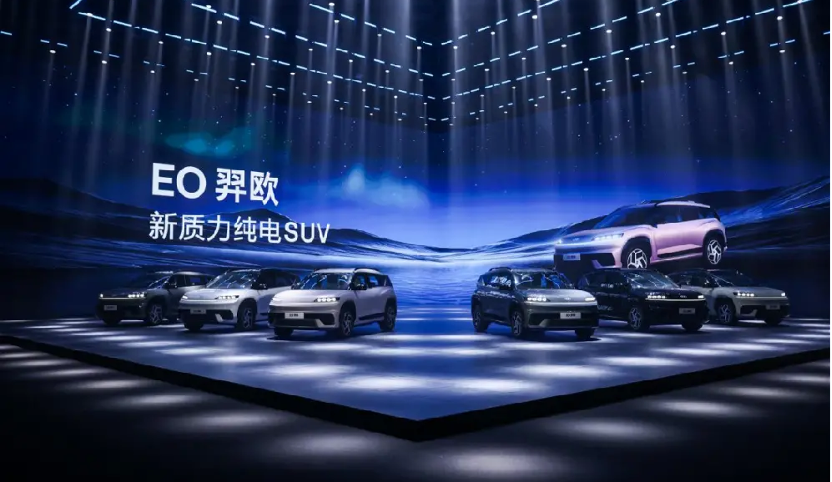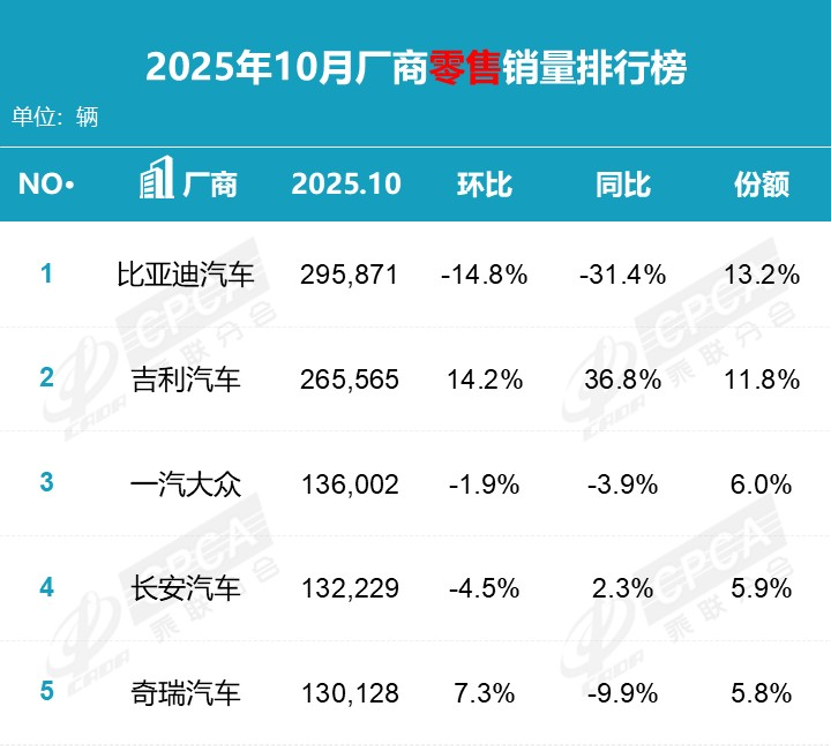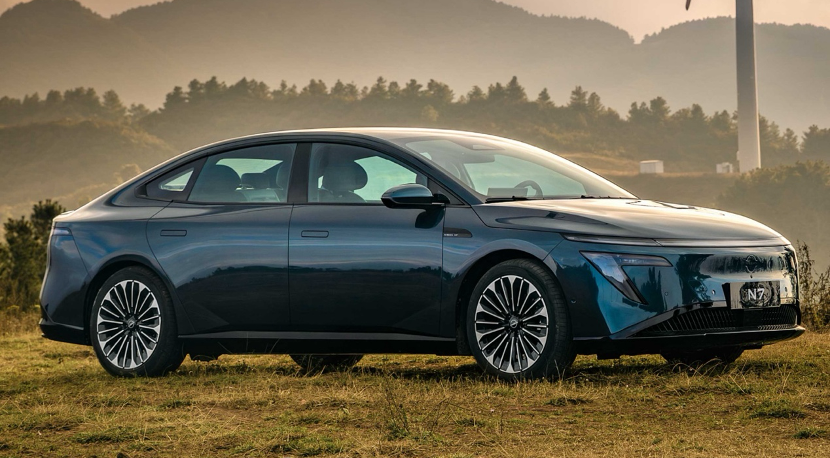Beijing Hyundai and the Challenge Posed to Li Fenggang
![]() 11/14 2025
11/14 2025
![]() 502
502
On November 10, 2025, Hyundai Motor appointed Li Fenggang, the ex-Executive Deputy General Manager of FAW-Audi Sales Co., Ltd., as the General Manager of Beijing Hyundai Automobile Co., Ltd. He will be in charge of overseeing production, sales, planning, and other operations at Beijing Hyundai.
This appointment marks the ninth time Beijing Hyundai has changed its General Manager in the past ten years. Additionally, it's the first instance in the company's 23-year history that a Chinese executive has taken on the role of General Manager, representing the South Korean side.
According to public information, Li Fenggang boasts over 22 years of experience in the automotive industry. In 2003, he joined FAW-Volkswagen, initially serving as a product engineer in the Technology Development Department. Subsequently, he held positions such as Director of Strategy and Operations Management at FAW-Volkswagen Audi Sales Division, General Manager of the Northeast Region, and General Manager of the East Region. In October 2023, he was promoted to Executive Deputy General Manager of FAW-Audi Sales Co., Ltd.

However, Li Fenggang steps into a challenging scenario upon his arrival at Beijing Hyundai.
Beijing Hyundai has witnessed a consistent decline in sales over the years, with a six-year slump from 2018 to 2024. This year, the downward trend persists, with cumulative sales reaching only 100,795 units in the first ten months.
Within Beijing Hyundai's product lineup, the Elantra, Tucson, and Custo are the primary contributors to sales. Nevertheless, the sales figures for Tucson and Custo are underwhelming, with monthly sales now dipping below 3,000 units, significantly trailing behind the current best-selling fuel-powered vehicles in their respective classes. As a second-tier joint venture brand, Beijing Hyundai finds itself in a precarious market position.

Currently, electrification is gaining momentum in the Chinese market. The market share of fuel-powered vehicles is on a downward trajectory, and competition is intensifying. Beijing Hyundai, which primarily relies on fuel-powered vehicles, lacks distinct competitive edges, resulting in diminishing market competitiveness.
More critically, amidst the electrification surge, Beijing Hyundai's electrified products have been notably absent. Prior to 2021, the company introduced models such as the Elantra EV, Kona Electric, Festa Electric, and Mingtu New Energy. However, these models achieved only a few hundred or even single-digit monthly sales, performing dismally in the market. Eventually, all these models were phased out.

It wasn't until October 29 of this year that Beijing Hyundai unveiled a new all-electric vehicle, the EO Yio. However, the market performance of this new model remains to be seen.
On the same day, October 29, Beijing Hyundai also unveiled its latest strategic plan: Guided by BAIC Group's 'Three-Year Leap Action' and Hyundai Motor's 'In China, For China, Towards the Globe' strategy, Beijing Hyundai launched the 'Smart Start 2030 Plan.' The plan aims to achieve sales of 500,000 units within the next five years and introduce 20 new models, including 13 new energy vehicles.

However, the feasibility of implementing this plan and achieving the anticipated results remains uncertain.
After several years of robust development in the domestic automotive market, alongside the electrification trend, Chinese local automakers have secured market dominance. Market enthusiasm and performance for these automakers clearly outstrip those of many joint venture automakers. According to the sales data for October released by the China Passenger Car Association, among the top five, Chinese domestic brands occupy four positions, while only one joint venture brand made it to the top five.

Even within the joint venture brand sector, Beijing Hyundai, which is increasingly becoming marginalized, is at a disadvantage. Its brand influence, scale, and electrification progress trail behind those of many joint venture automakers. Over the past few years, joint venture brands like GAC Toyota and Dongfeng Nissan have gradually bolstered their localized research and development efforts. GAC Toyota's bZ3X model consistently achieves monthly sales exceeding 10,000 units, while Dongfeng Nissan's Nissan N7 model stabilizes at over 6,000 units, ranking third in the mid-to-large all-electric sedan market. In contrast, Beijing Hyundai's electrification transformation has lagged behind.

As a latecomer, Beijing Hyundai's implementation of its electrification strategy inevitably faces greater challenges than those encountered by other joint venture and local automakers. This is also a pressing issue that Li Fenggang needs to tackle.
(Images sourced from the internet and will be removed if they infringe upon any copyrights.)








